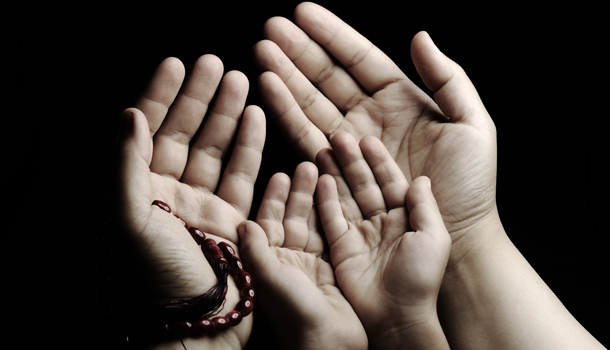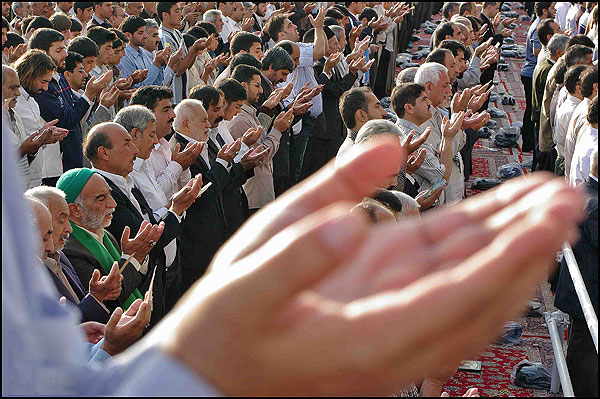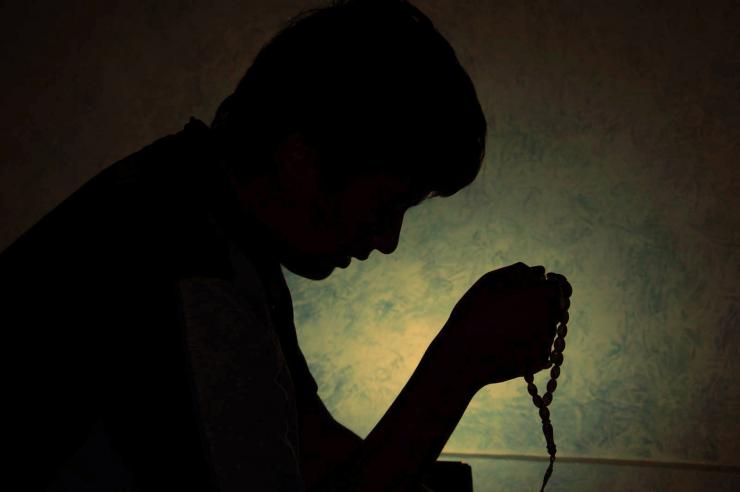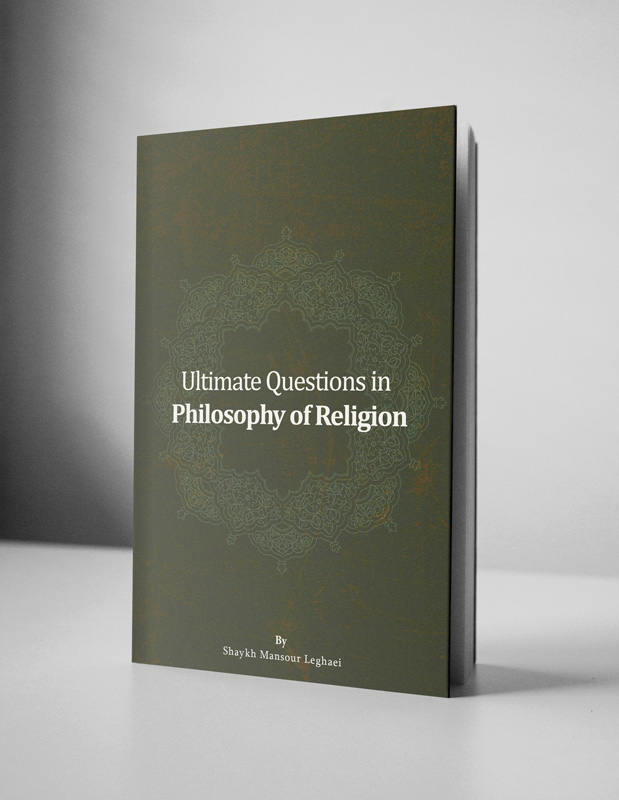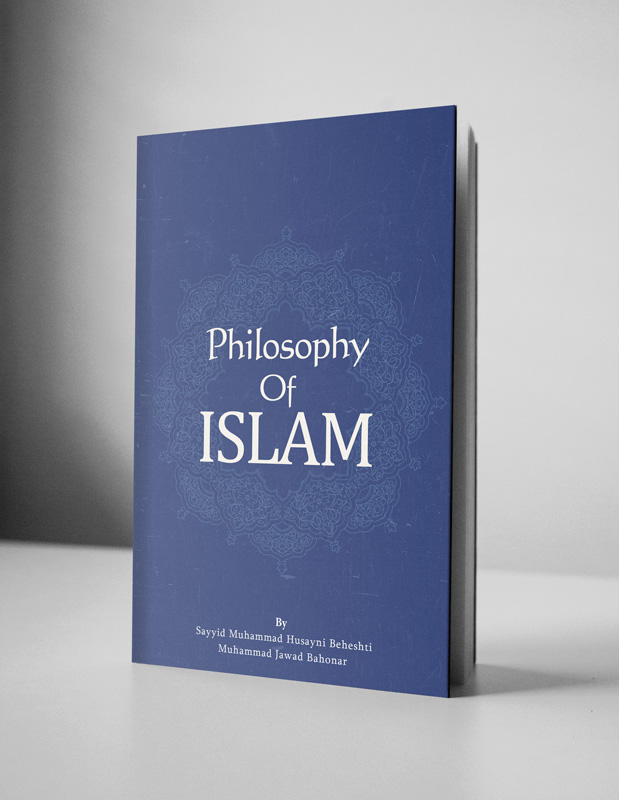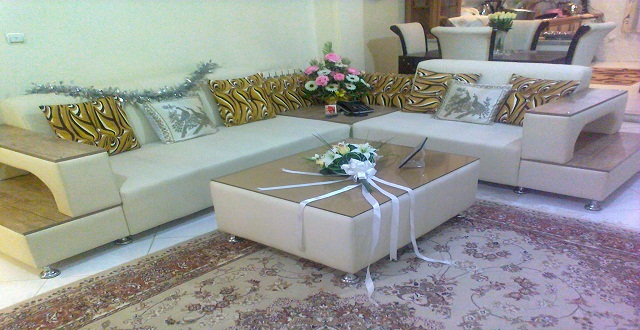What is the philosophy behind the prohibition of Homosexuality?
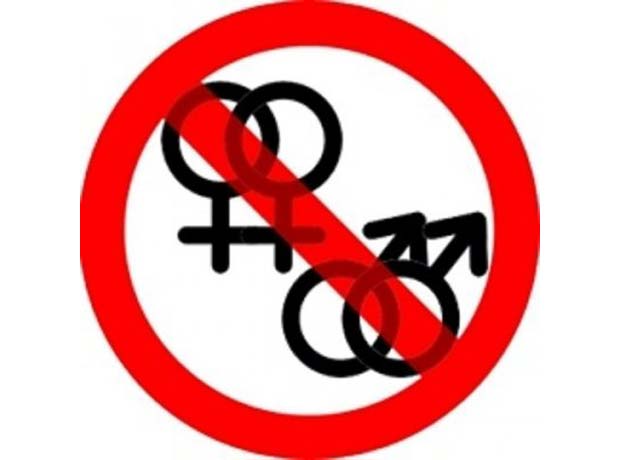 One of the forbidden acts in Islam is homosexuality. Islam from one side has advised the Muslims to get married and has advised the people to help the youth to get married and from the other side, Islam has forbidden masturbation, adultery, and homosexuality.
One of the forbidden acts in Islam is homosexuality. Islam from one side has advised the Muslims to get married and has advised the people to help the youth to get married and from the other side, Islam has forbidden masturbation, adultery, and homosexuality.
At first, it must be differentiated between a person who has tendency to the same sex of his/her gender, and the one that is homosexual and commits that great sin, because in the first case, the person because of having a kind of illness, has this tendency but till he/she does not commit the sin, he/she is not considered as a sinner.
This kind of illness can be caused by physiological or mental or cultural reasons and can be cured.
So let’s see what philosophy this prohibition has.
One of the philosophies that can be mentioned is that it leads to the reduction of generation.
It is appropriate to see what are the benefits of getting married? And what are the harms of other ways of satisfaction of the lust?
In a marriage a person gets three things:
1) Perfection.
2) Tranquility.
3) Production.
About the first factor we say: the sophistication that is made prepared through marriage cannot be obtained through anything else. You can see in the society that when two opposite sexes get married with each other, because of the differences that are in each gender, they play a role of a complementary for each other. Man is in need to woman and woman is needful to man and this is very obvious for an unbiased person.
About the second factor i.e. tranquility, we say that it can be the most important benefit of getting married. Allah said in the holy Quran in chapter Room verse 21:
وَمِنْ آيَاتِهِ أَنْ خَلَقَ لَكُم مِّنْ أَنفُسِكُمْ أَزْوَاجًا لِّتَسْكُنُوا إِلَيْهَا وَجَعَلَ بَيْنَكُم مَّوَدَّةً وَرَحْمَةً إِنَّ فِي ذَلِكَ لَآيَاتٍ لِّقَوْمٍ يَتَفَكَّرُونَ
“And of his signs is that he created for you wives from among yourselves that you might reside with them, and has put kindness and mercy between you. Surely, there are signs in this for those who think”.
Before getting married, the single person might consider him/herself alone and without a refuge but when he/she gets married he/she finds a refuge and tranquility, and this feeling of tranquility, leads to intellectual and emotional stability, dignity, and the feeling of being precious.
The third benefit of getting married that we mentioned was the matter of production, and that is the thing that makes the generation of human to be continued, the perfection of the creation of the mankind is to produce people that are believers in Allah, righteous humans, and good doers.
In Islamic perspective, having the good children is considered as a good and righteous deed, and it is effective in the welfare of the parents. And another point in this regard is that having children is something that helps the family to be happy and dynamic and it is a fact that no one can deny it.
And of course beside the various benefits of marriage, the correct answer (from sanitary point of view) to the call of lust is fulfilled through marriage.
These benefits cannot be obtained in any way, other than marriage.
It is proved by the scientific researchers that the homosexual person has a very dangerous relation with his/her partner even though they might use some tools as preventers.
Around the area of anus, there are some nerves that are so much sensitive to anything that enters in it and they show reaction very quickly.
Digestive system has two sphincters that they act as hatches, one is internal and involuntary and the other is external and voluntary. When we feel that we need to relieve ourselves, the internal sphincter opens involuntarily but the last stage of that is voluntary and if we decide to relieve ourselves, it opens.
The anal sex, or every entering in the anal, causes the external sphincter to be damaged and causes it to not have a good and right function; it means that it causes that sphincter to open involuntarily, so after a while the person cannot have the control over the stool.
On the other hand a lot of illnesses like Hepatitis or H.I.V or Syphilis can be transmitted more easily through anal. It is important to know that for the mentioned reasons, the anal intercourse is not a good relation between the couple in the marriage,
And homosexuality causes the person to be reluctant to the opposite sex and after a while the person will not be able to have intercourse in the marriage,
A lot of the homosexuals, after a while find the feeling of being away from their real personality and they refuge to some other sins like drinking wine or other moral detours.
All of this detailed discussion is some of the harms and dangers of this shameful great sin.

